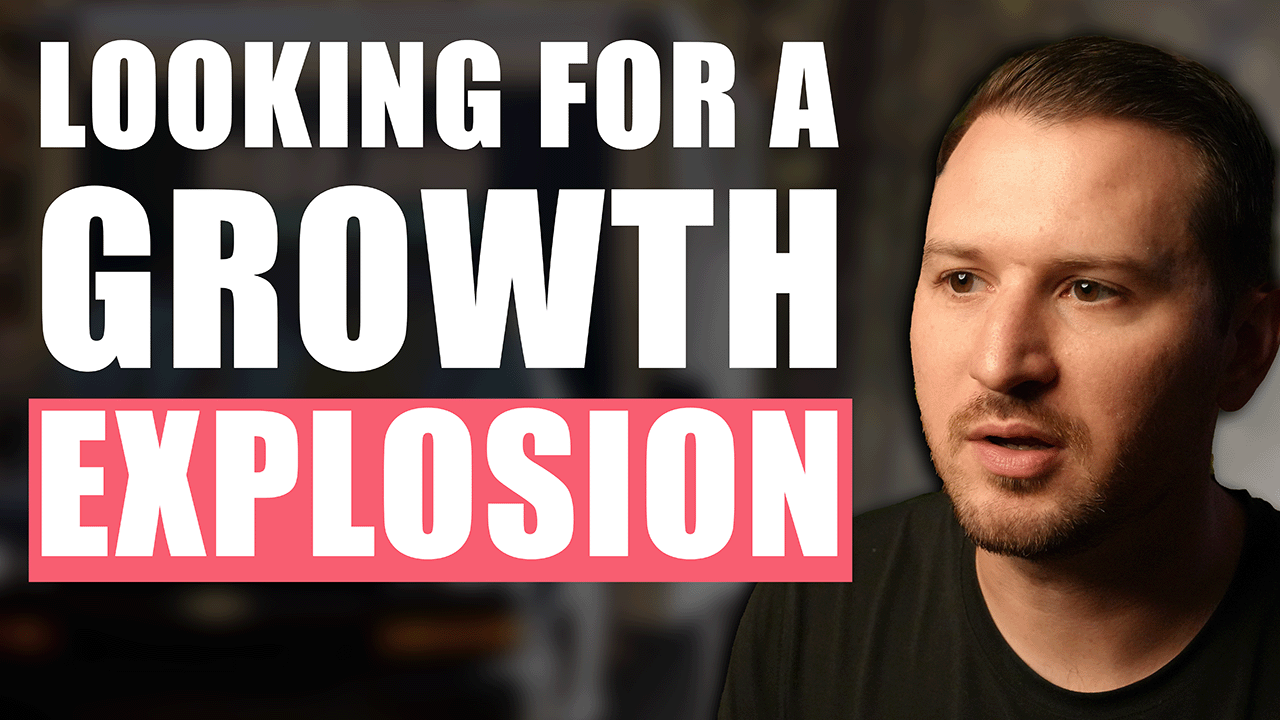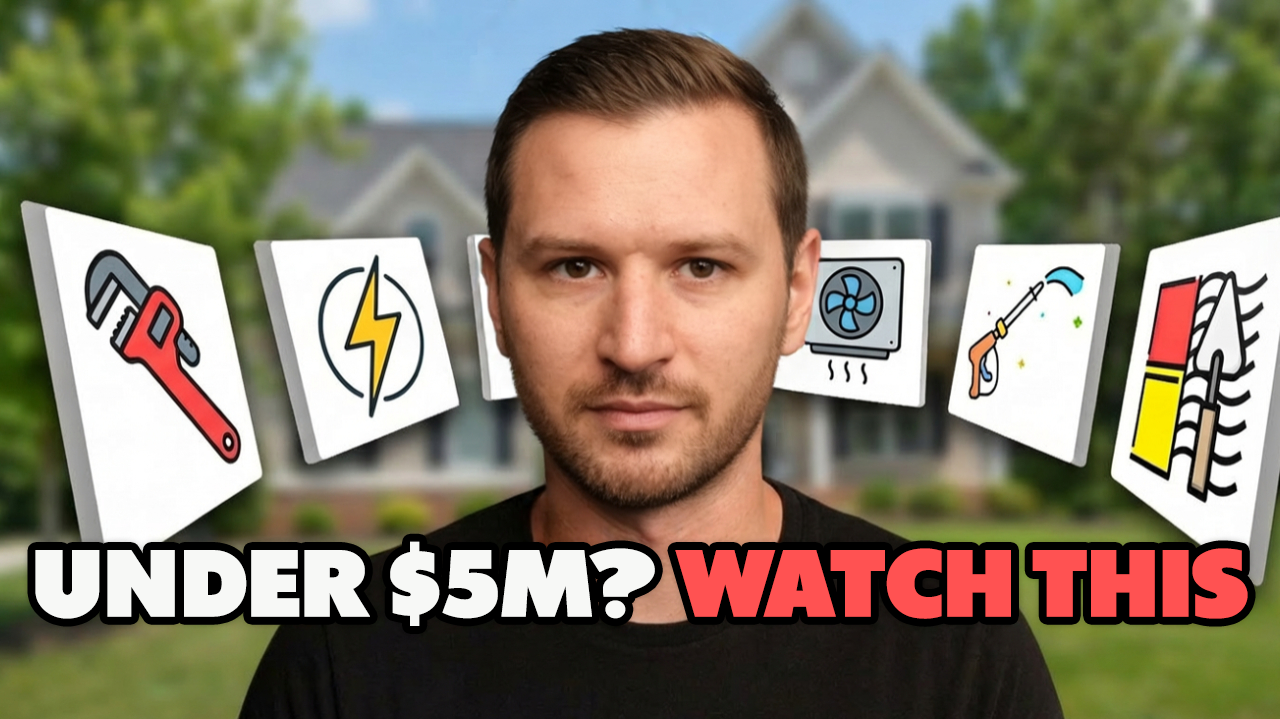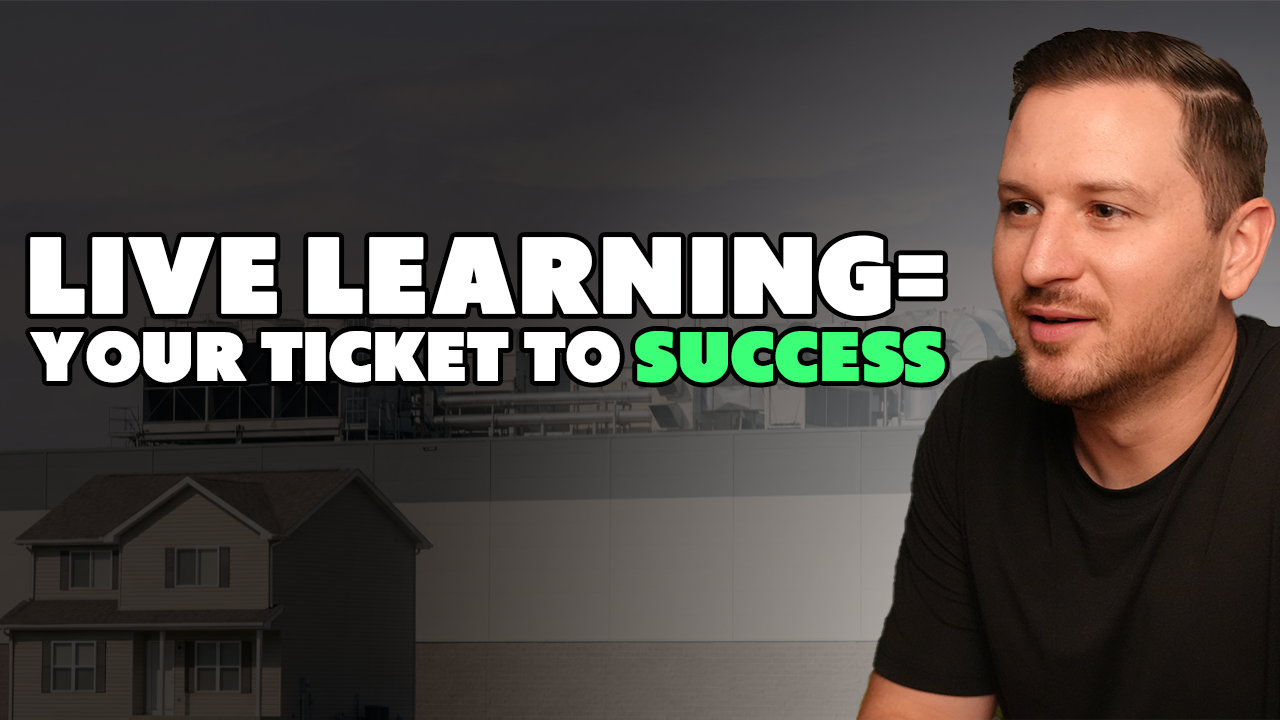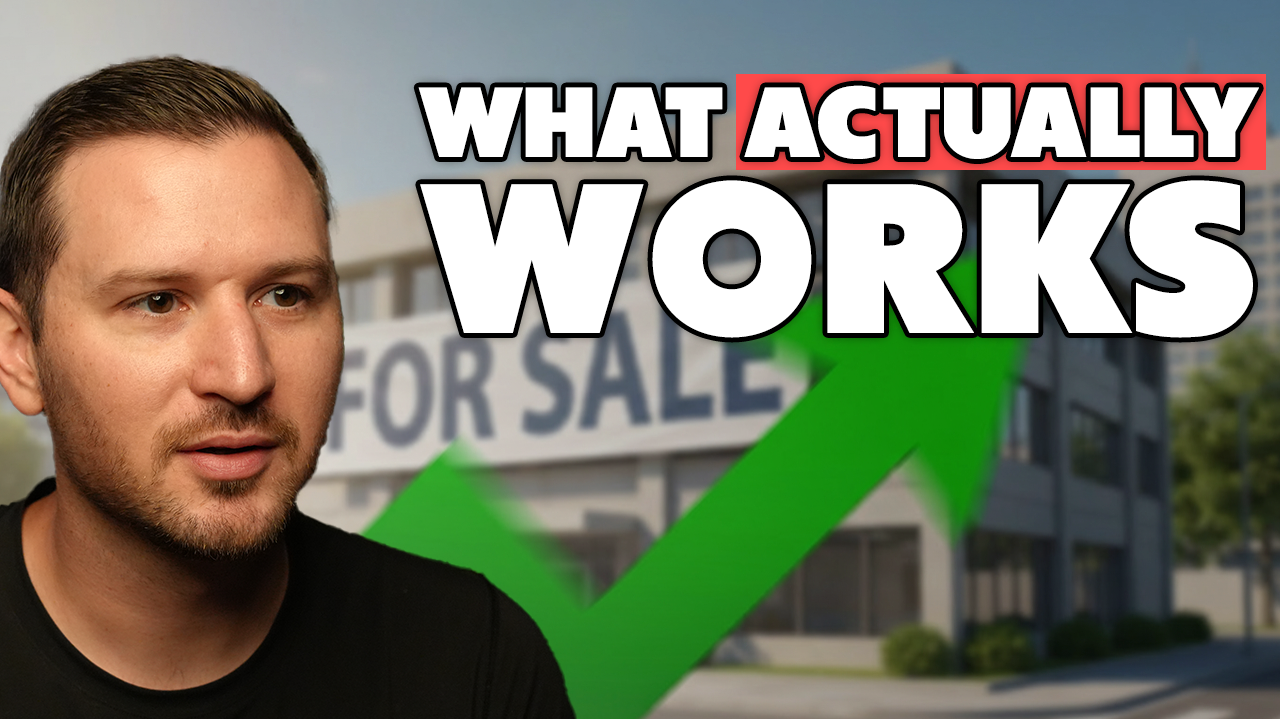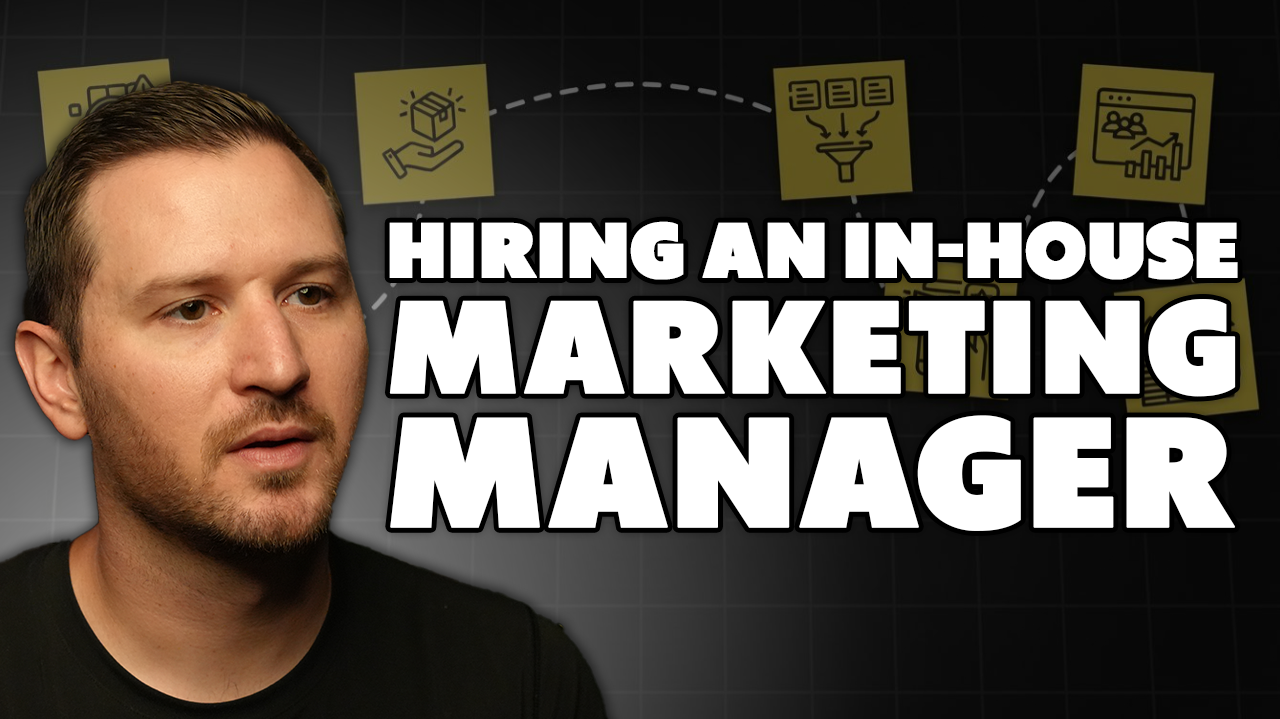The best operators know that growth isn’t about doing more. It’s about doing less, better.
When I sat down with AJ Wadian and Noah Jackson from Premier Home Pros, that truth showed up again and again. In just two years, they grew from zero to $100 million by narrowing their focus, cutting complexity, and refusing to scale chaos.
They didn’t raise money or buy other companies. They simplified the work and replicated a winning system.
Simplify to Multiply
Premier’s first year looked like controlled chaos. They sold anything homeowners asked for, knocking out walls, moving plumbing, and building custom bathrooms from scratch.
It worked, but it wasn’t scalable.
AJ told me, “We had installers stuck in homes for seven days. They were making less money, and we were slowing down.”
So they cut everything that didn’t fit the model. No more drywall. No more full remodels. Just pull-and-replace showers and baths that could be done in a day or two.
Margins rose. Installers made more. Customers got consistent results.
Their close rate dipped a few points, but total revenue jumped because they could complete twice as many jobs.
Standardize Everything
Once the product mix was set, they tightened everything else.
Each market follows the same playbook:
- A sales manager who leads the office and team
- A project manager who runs installs and aftercare
- A service manager and small sales staff
Every new hire goes through a Premier-built training system before touching a job. Installers shadow for a week. Salespeople learn one script, one process, one product line.
And every new market opens the same way: $100K investment, $0 debt, cashflow positive in 46 days.
Keep Costs Variable, Not Fixed
Most contractors grow by adding overhead, more trucks, more offices, more debt.
Premier flipped that. Their P&L is 70 percent variable. If they don’t sell, they don’t spend.
That discipline lets them greenfield new markets without taking loans or betting the business.
They can find the right local leader, lease an office, turn on lead flow, and start generating revenue in days, not months.
Buy Demand, Don’t Wait for It
While others spend big on brand awareness, Premier buys the demand that already exists.
They lean heavily on affiliate marketing, both branded and non-branded, to drive leads fast.
As Noah put it, “Our bet was always to buy the demand that exists while we work on generating demand through our brand.”
That approach cut their market payback period from the industry’s typical two years to just six weeks.
People First, Process Always
AJ said it simply: “If you have the right person, you have the market.”
Each new location starts with one sales leader and one project manager, then they build around that. Installers are paid top of market, trained the same way, and supported by the same systems.
That focus on people and process has become their moat.
Know When to Hold
By 2024, they could have pushed to $120 million. Instead, they stopped at $86 million to protect quality and infrastructure.
Noah explained, “The business will tell you when it’s time to slow down and focus on quality.”
That decision bought them time to prepare for $175 million this year without breaking what made them successful.
My Takeaway
Premier Home Pros didn’t scale by adding complexity. They scaled by stripping it away.
They built one repeatable model, trained one kind of team, and sold one kind of job, then ran that play over and over.
In a world where most companies chase more, AJ and Noah proved that less can actually get you to your goal faster.


